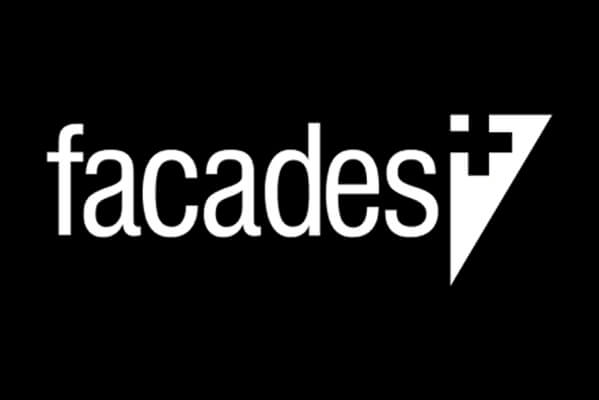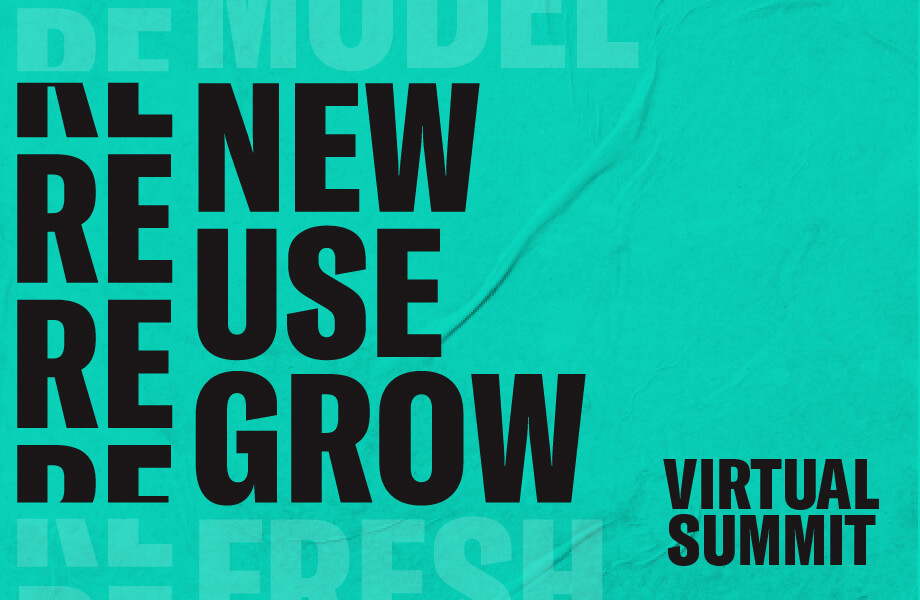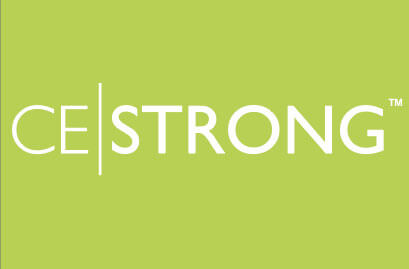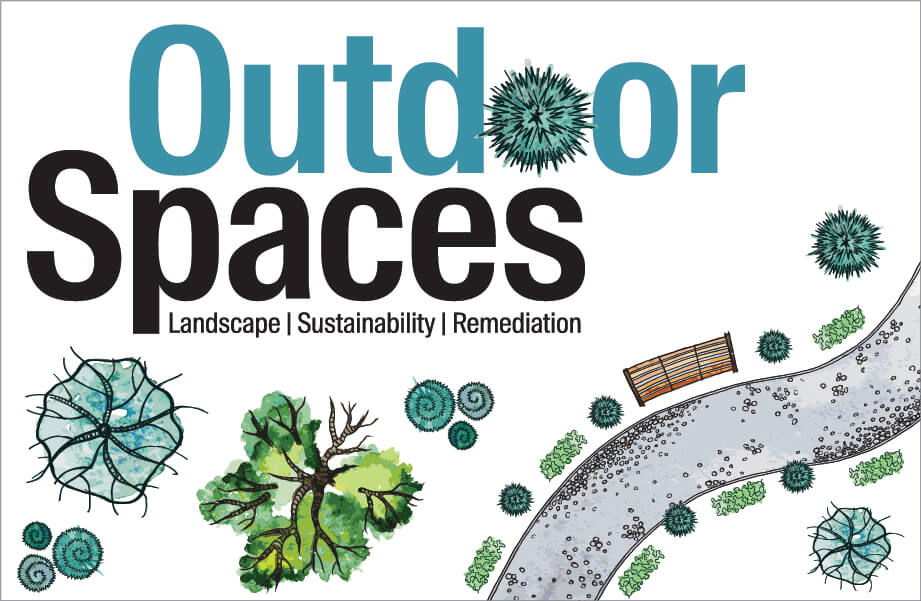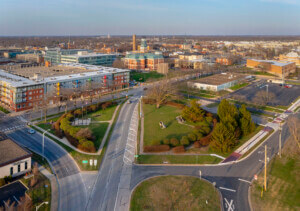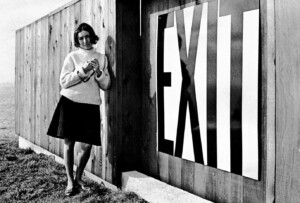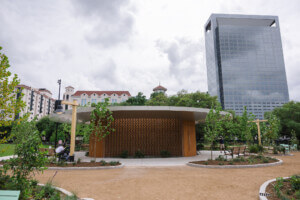This article is part of our series of profiles on The Architectural League of New York’s 2024 Emerging Voices winners published in the March/April issue of AN. The full list of winners can be found here.
The goal of landscape architecture and urban design firm TEN x TEN is not to learn, but to unlearn. “We like to begin with the idea of unlearning as an active practice, which allows people to be aware of biases and get rid of preconceived notions,” said Maura Rockcastle, TEN x TEN principal and cofounder.
Rockcastle founded the practice in 2015 alongside fellow principal Ross Altheimer, and today they’re 18-people strong. They got their start transforming a historic mill site in Pittsburgh into a high-tech district—its third phase was completed last year—and since then the practice has expanded nationally and internationally.
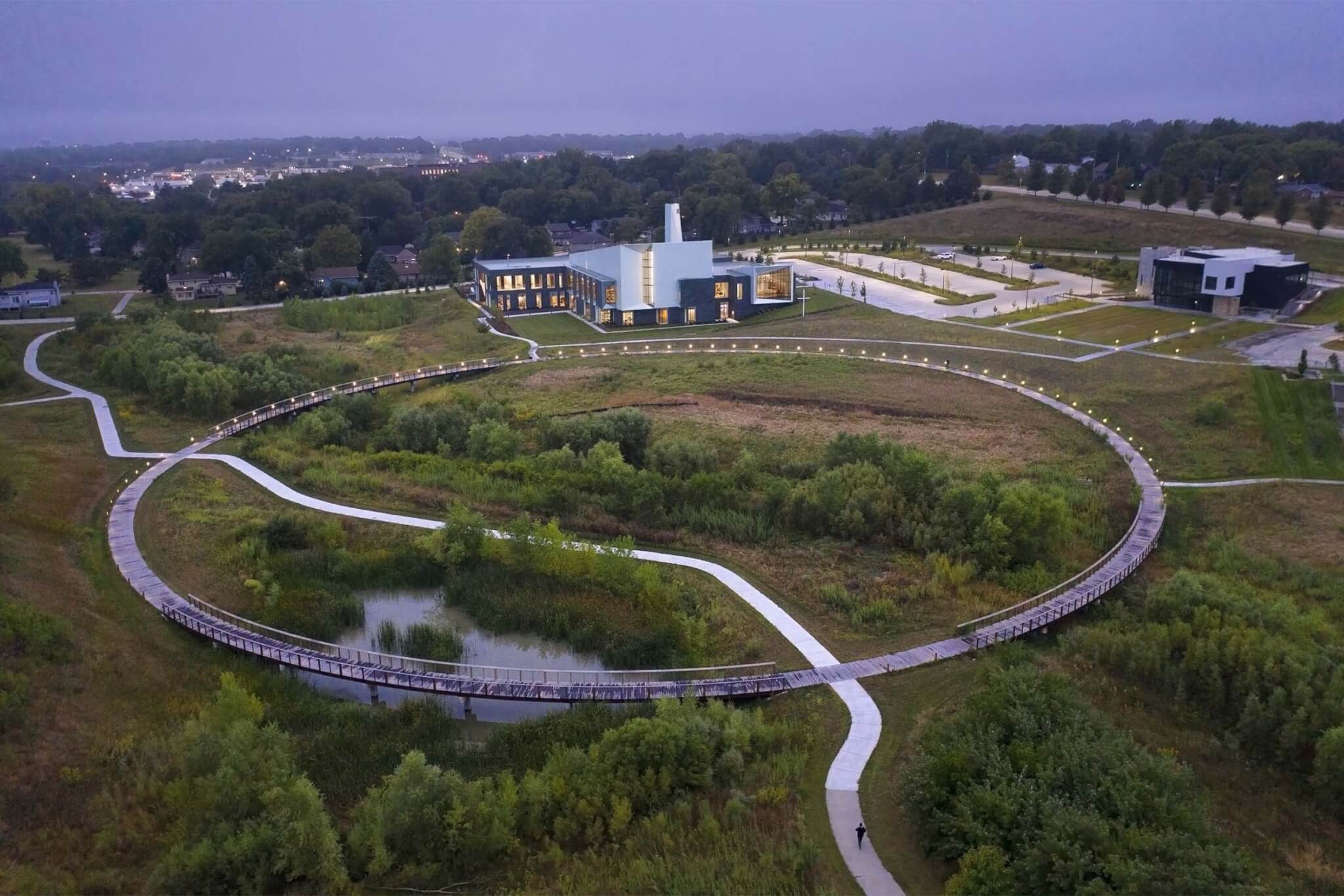
Experimental methods allow the firm to integrate community needs: Cataloging a space, using clay to get a sense of a site’s tactile feel, and making cyanotypes are just a few of the unconventional methods the firm uses to take on innovative, sensitive work. This can be seen in TEN x TEN’s recent design for the Louise B. Miller Memorial and Freedom Garden at Gallaudet University, a hard-of-hearing university in Washington, D.C., that honors Miller’s fight for the rights of Black deaf children during her 1952 suit against the Department of Education. A winding sensory garden moves through five stages of the Black deaf experience. Benches allowing users to call attention to those sitting on the other end without the use of sound were planned with Black, deaf codevelopers, though they are not yet under construction.
The firm’s work structure continues its creative approach. In describing its “flex flat” model, Rockcastle explained: “Within project teams we have leaders and designers, but people play different roles in different projects. You might be a project leader on one and then a designer on another.”
The dream is to advocate for a new type of architectural work and diverse clients. As Altheimer puts it, TEN x TEN wants “to have experience and knowledge that we can leverage on other communities’ behalf.” In many ways, the practice has already arrived at its destination.

